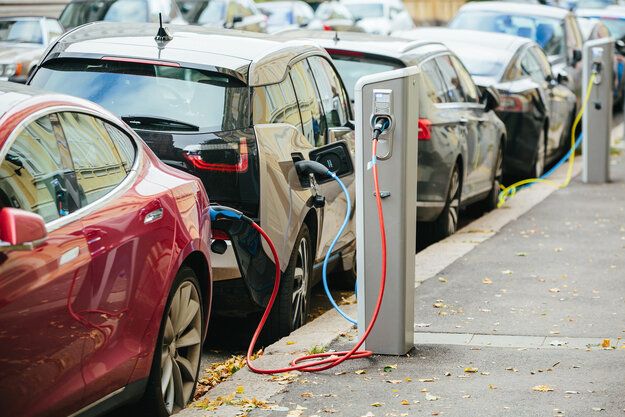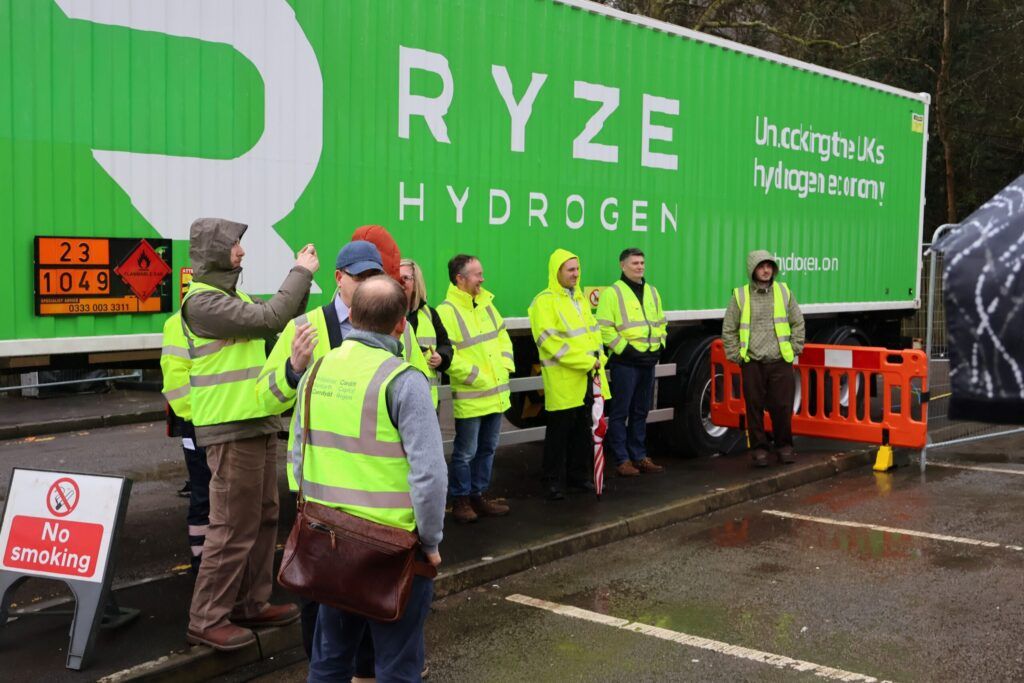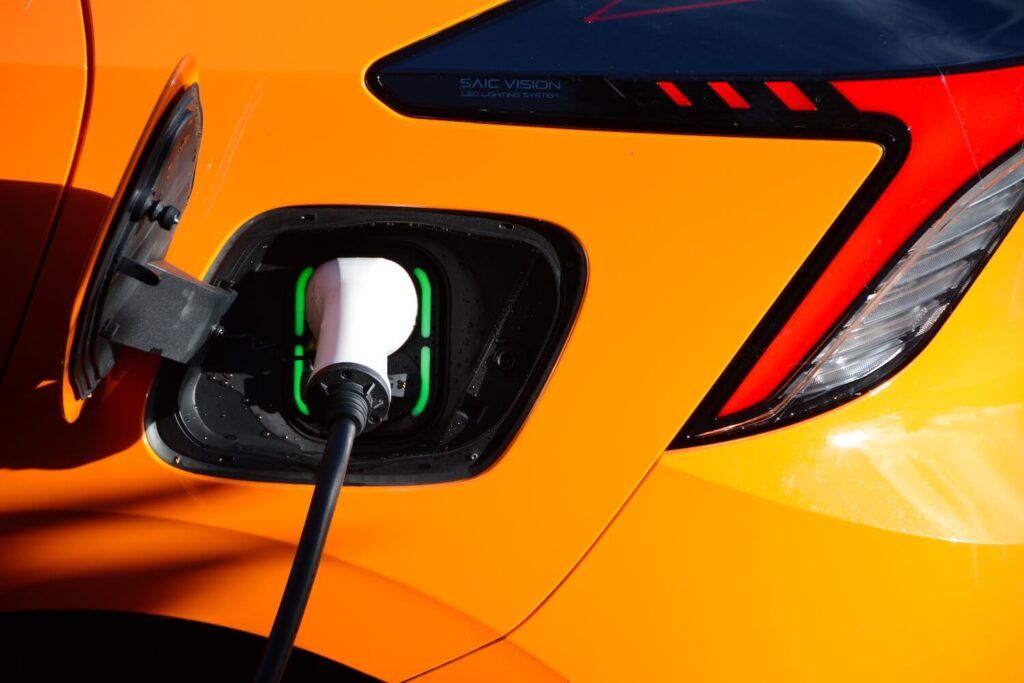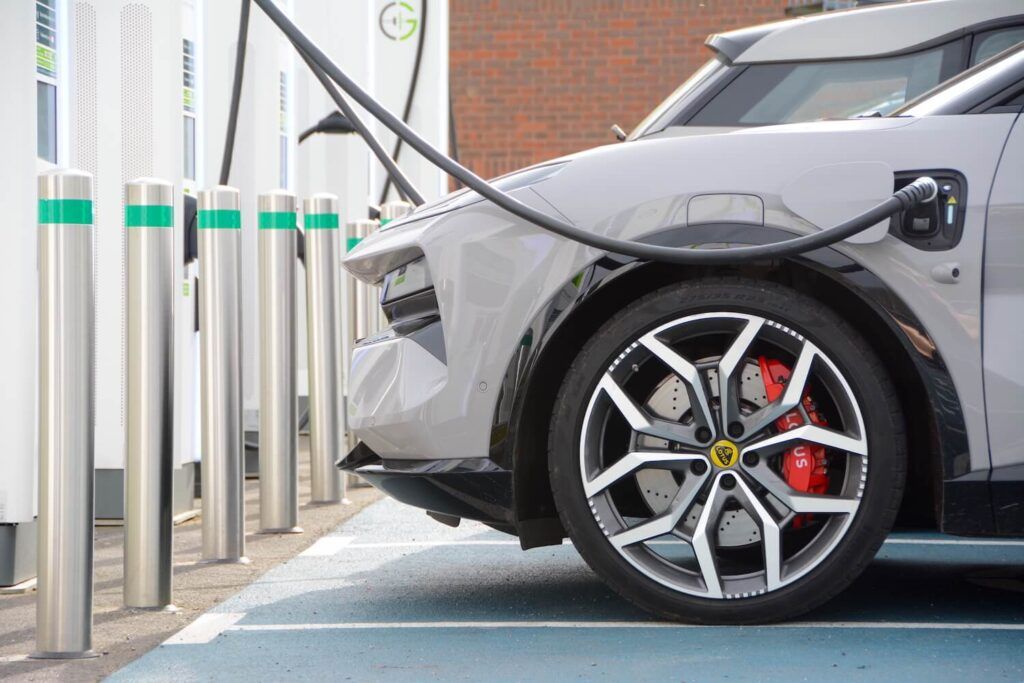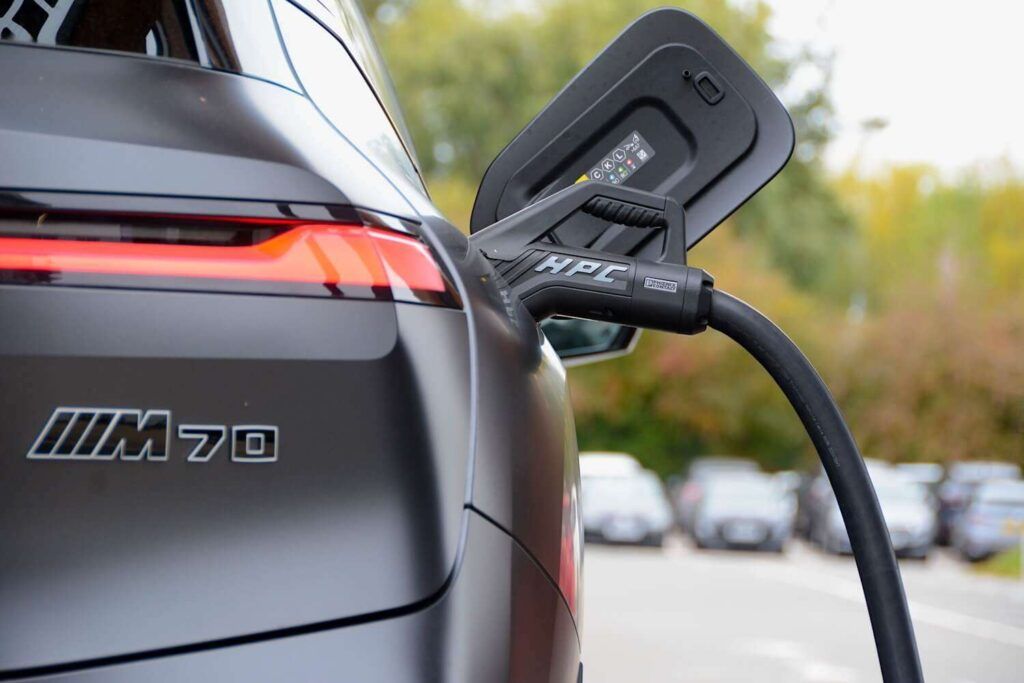Which? research reveals drivers only use public networks for 13% of charging, as it launches its policy paper on improving EV infrastructure across the UK.
Their annual car survey suggests that most of today’s electric vehicle (EV) and plug-in hybrid (PHEV) drivers are not solely dependent on using public chargers, but that is going to change in the future.
The Competition and Market Authority (CMA) estimates there will be eight million drivers across the UK who do not have the ability to charge an EV from home.
As we approach the ban on sales of new petrol and diesel cars in 2030 and drivers switch to electric, the number of people who’ll be completely reliant on public charging will rise starkly.
This is why it’s vital that access to the public charging network is improved, as well as the experience of using it.
Which? believes the move to electric cars is not just crucial for a net zero future – it’s also a unique opportunity to transform car ownership in the UK, for those who need to own a car.
Which? research shows three of the five most significant barriers to consumers buying an electric car relate to anxiety about charging:
- 33% lack of charge points on long journeys
- 29% concerns about a lack of charge points close to their home
- 28% how long it takes to recharge an electric vehicle.
With so many people set to be dependent on this infrastructure, there is much work to be done, says Which?
Sue Davies, Which? head of consumer protection policy, says: “Our research shows that few electric vehicle owners currently rely on the public charging network, but this will have to change if millions of people are going to switch from petrol and diesel vehicles in the next decade.
“Improving the UK’s flawed charging infrastructure will support more motorists to make the switch to a zero-emission vehicle. The current confusing and complex system needs to be quickly overhauled if the network is going to be ready for the ban on new fossil fuel cars in 2030.
“Charging must be easy, accessible and affordable if people are going to make the move to an electric car.
“To that end, we have published our first electric vehicle charging policy paper that sets out our recommendations for the future of public charging infrastructure across the UK nations.”
Ian Johnston, the CEO of Osprey Charging, said: “Osprey’s mission is to provide safe, reliable and accessible EV charging for all. That means well-lit sites, chargers that you can rely on and the ability for wheelchairs and anyone with reduced mobility to have the space and access to charge, pay and enjoy our facilities.
“Obviously, this is being built in to all our new sites in development and we’re working with landlords and Motability to achieve this. But we’re also going back to existing sites, upgrading hardware and increasing space and access wherever possible.”
Image: Shutterstock




